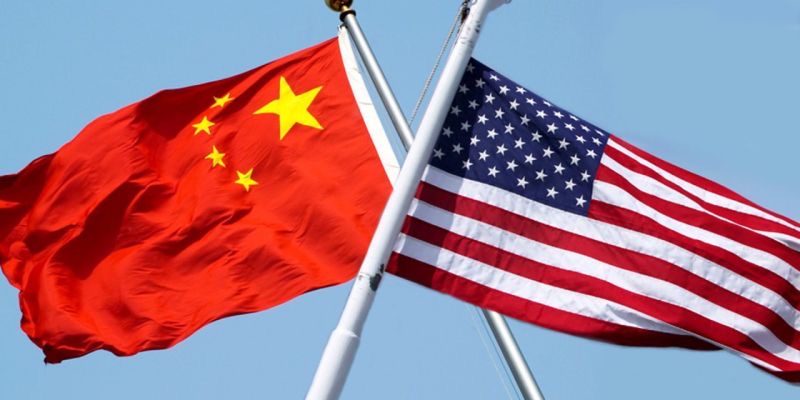The president and vice-chairman of Microsoft, Brad Smith, has warned that people in the U.S. and Europe should not assume that China is behind them in technology. He believes China is making a lot of progress and may be closer to the U.S. and Europe than many people realize.
Brad Smith: Misconceptions About China’s Technological Progress
Brad Smith, Microsoft’s president warned about underestimating China’s tech innovation while speaking at a big tech event in Portugal. He shared that many Western people think China is still far behind the U.S. in technology. However, according to Smith, that is not true.

Smith believes that China and the U.S. will continue competing in technology for a long time. He also thinks that U.S., European, and Chinese companies should find ways to work together on tech advancements like artificial intelligence to benefit everyone.
Microsoft’s Long-Standing Presence and Strategy in China
Microsoft has been operating in China since 1992. This has helped it build good relationships with Chinese companies and officials.
Unlike other U.S. tech giants, Microsoft is not focused on making its products for everyday consumers in China. Instead, it supports Chinese companies and partners. This enables Microsoft to avoid the political conflicts that have affected other companies, like Google or Facebook, which remain mostly blocked in China.
By focusing on helping companies with things like cloud storage and software support, Microsoft has found a way to work in China without facing too many restrictions. This approach allows Microsoft to stay involved in China’s tech industry.
ALSO READ: Microsoft’s AI Software Gaining Popularity Among Enterprise Customers
Smith on U.S. Tech Firms’ Limited Scope in the Chinese Market
Microsoft’s president also pointed out that U.S. tech companies are also limited in what they can do in China. He explained that U.S. tech firms can only do business in China if both governments agree. For example, Microsoft is allowed to provide cloud computing storage for big companies like Mercedes-Benz and Starbucks in China.
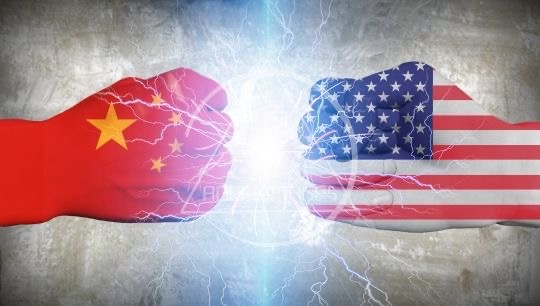
However, the Chinese government is much stricter when it comes to consumer products such as social media apps. This is why companies like Facebook and Google are not available in China.This means that U.S. tech companies mostly focus on helping businesses rather than reaching individual Chinese consumers, which limits their influence but still allows them to operate in China in certain ways.
U.S.-China Tech Rivalry Intensifies Amid Export Controls
The U.S. and China have been in a competition to become the world’s leader in technology. This technology includes artificial intelligence (AI), advanced computer chips, cloud computing, 5G technology, e-commerce, cybersecurity, internet of things, and blockchain. The competition between both nations is a big deal because technology plays a huge role in a country’s power and security.
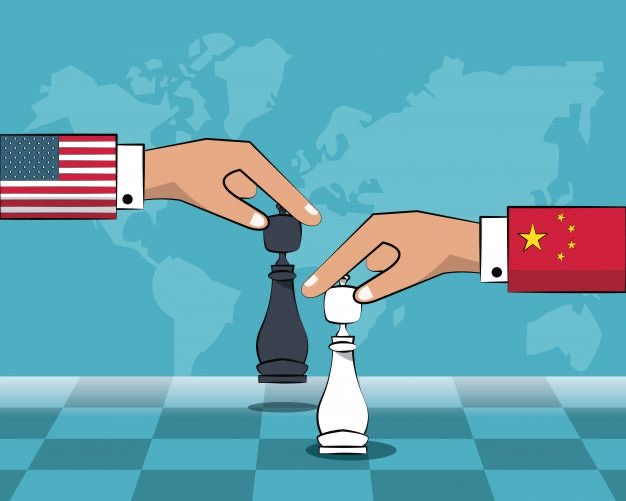
The U.S. government has tried to slow down China’s tech advancements by blocking Chinese tech companies from buying certain high-tech parts from the U.S. They especially blocked them from buying parts used in making advanced computer chips. These restrictions are meant to keep U.S. tech companies’ secrets safe and protect the country’s position as a tech leader.
In response to America’s move, China is putting a lot of effort and money into developing its own tech. This way, it does not have to rely on other countries, especially the U.S.
With initiatives like the “Made in China 2025” plan, China aims to be self-sufficient in technology. The country is doing this by creating its own powerful chips and other high-tech innovations. This tech rivalry between the two countries could change how technology is shared and used worldwide.
Huawei’s Surprise Breakthrough in Smartphone Technology
Huawei, a major tech company in China, surprised everyone by launching a new smartphone. The smartphone came with download speeds similar to 5G technology. This happened even though U.S. sanctions were supposed to block them from getting the advanced chips they needed for 5G.
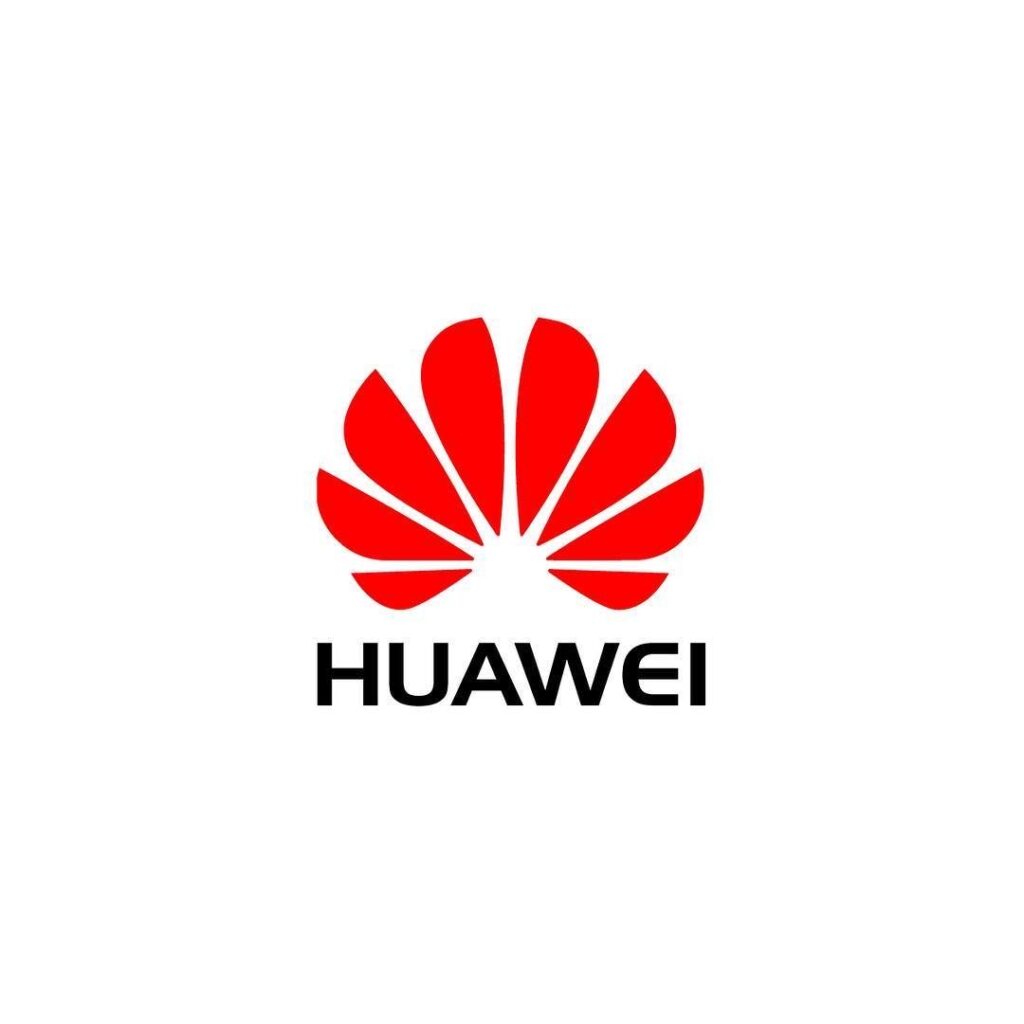
Analysts believe that Huawei’s new phone uses a chip made in China. They believe it would be a huge step for the country’s tech industry.
This development has raised questions in the U.S. about whether sanctions on Chinese tech companies are actually working. Some experts think that Huawei’s breakthrough might motivate other Chinese companies. It might inspire them to also find ways to innovate without relying on U.S. technology. Moves like these could push China closer to becoming independent in high-tech areas.
ALSO READ: Delta CEO Reports $500 Million Loss Due to CrowdStrike-Microsoft Outage
Outlook: Future Tech Developments May Shift to China
Some experts think that in the future, China might become a global leader in certain areas of technology. If China keeps investing in research and creating its own tech, it will improve. The country could reach a point where it matches and possibly even surpasses the U.S. in areas like AI, green technology, and computer chips.
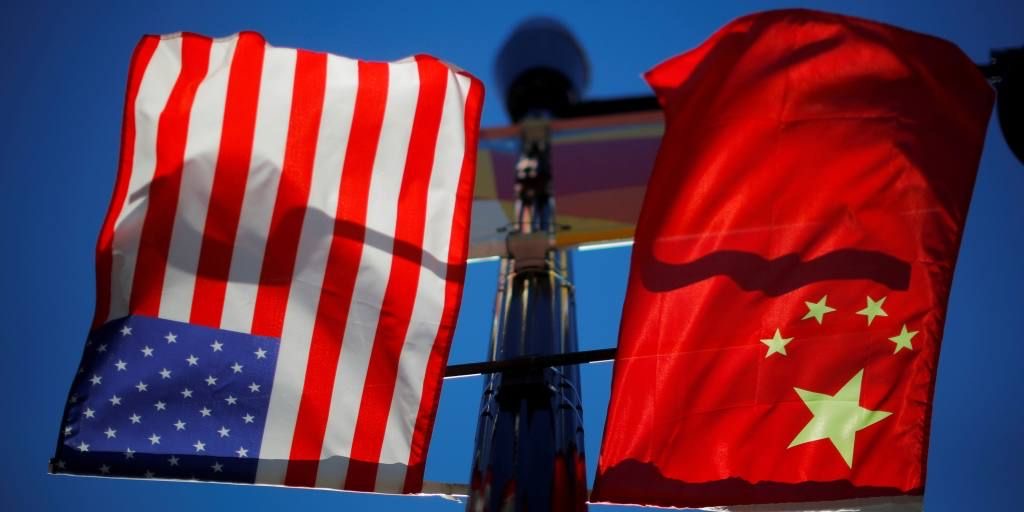
This shift could mean that the world’s tech country becomes more divided, with Chinese and U.S. companies creating separate sets of technologies and products. If China continues to make significant technological strides, it could lead to a world where tech innovations come from both the East and the West. It could reshape global influence and competition in the tech industry.

